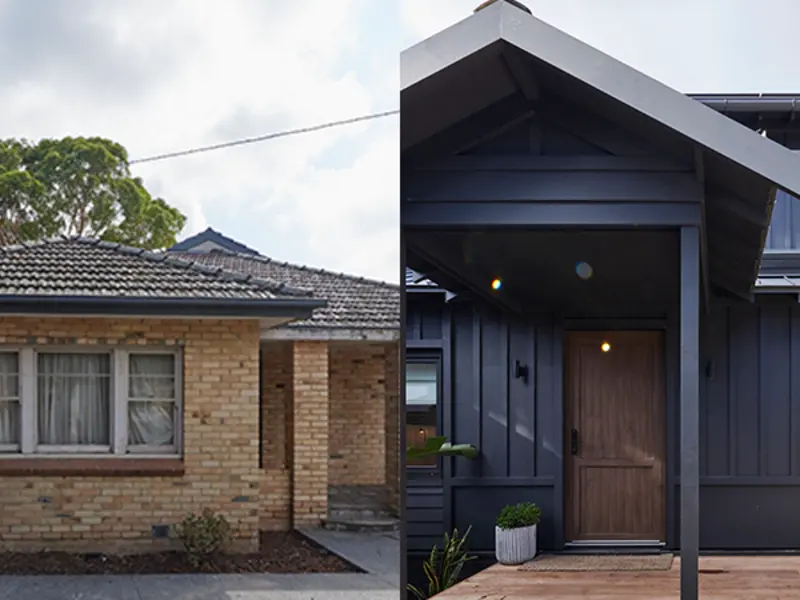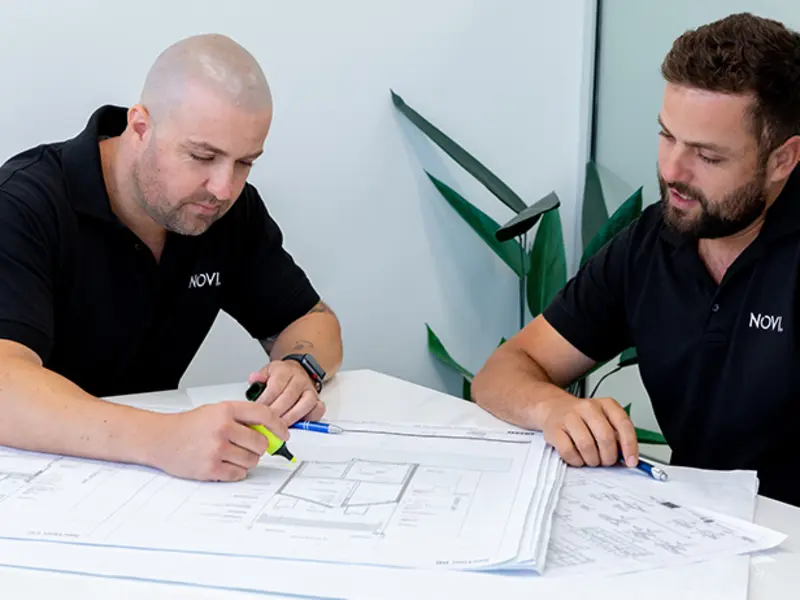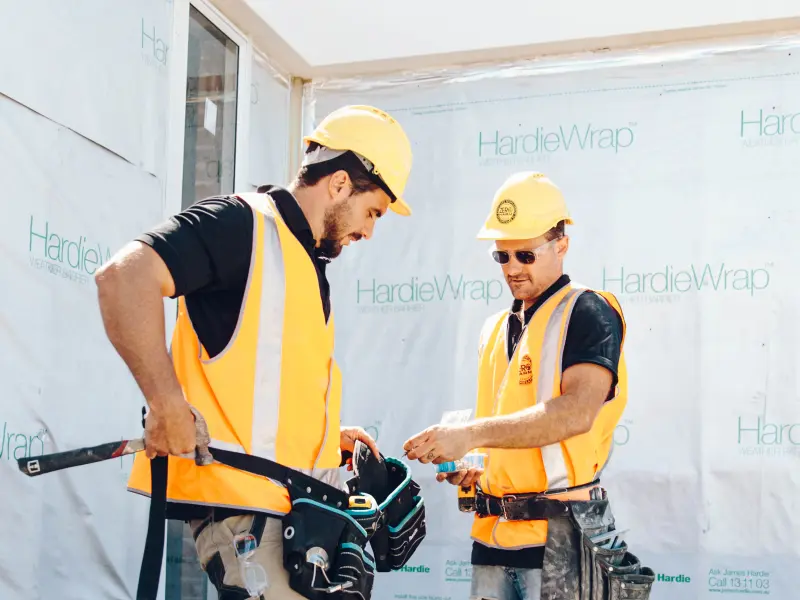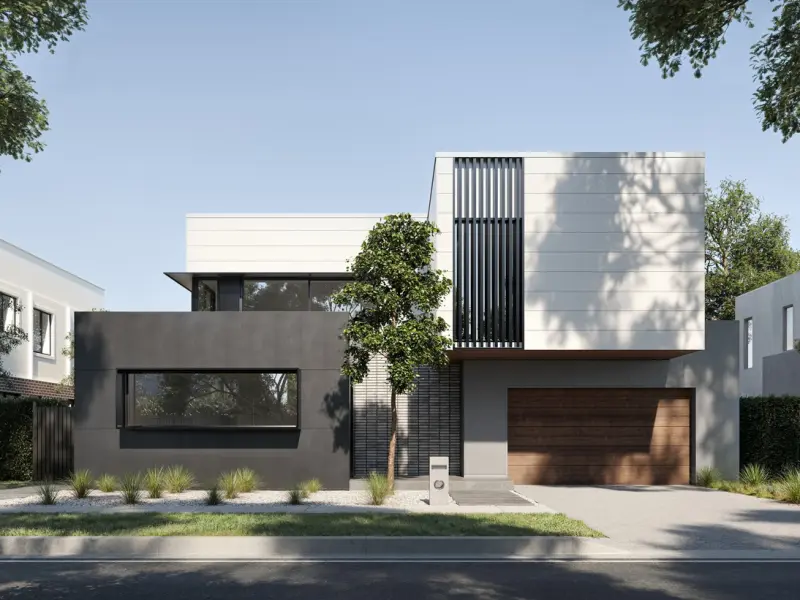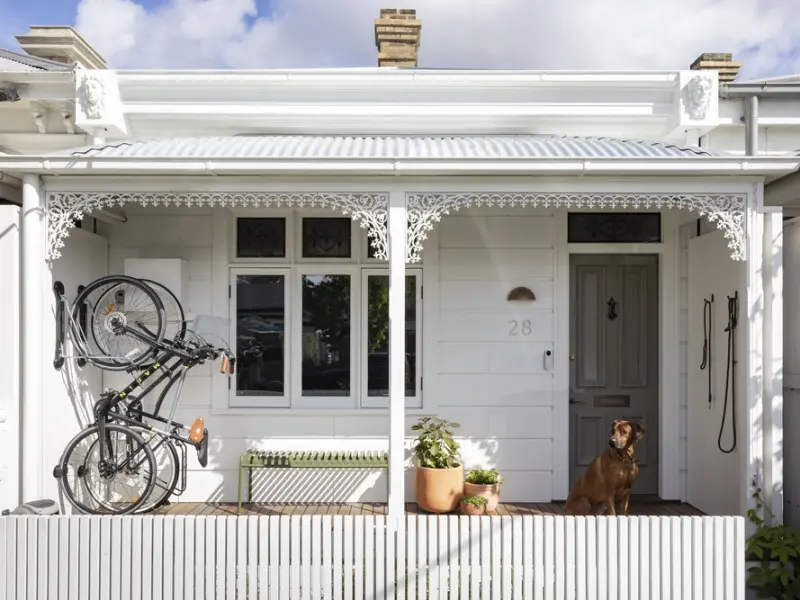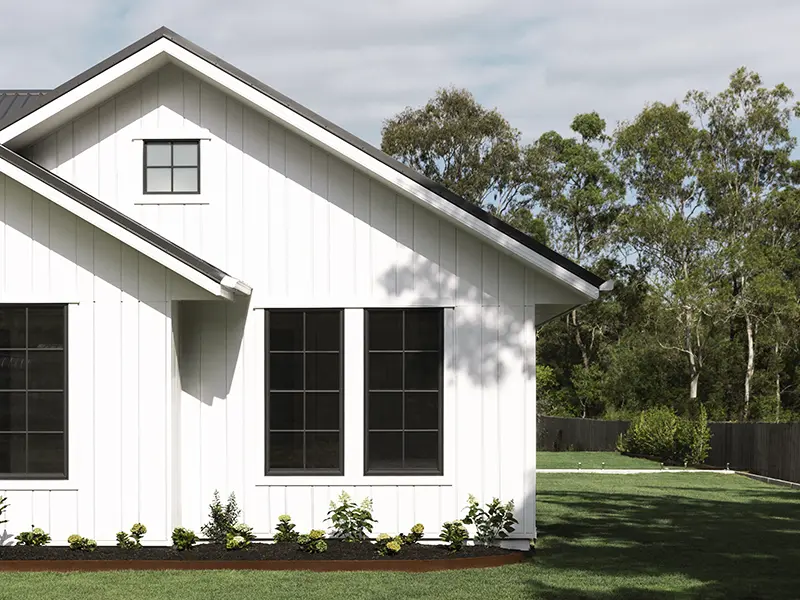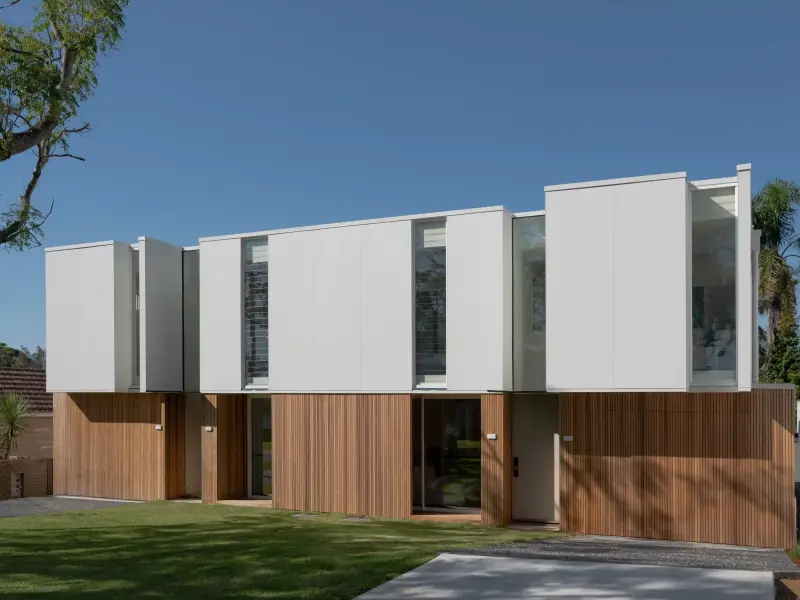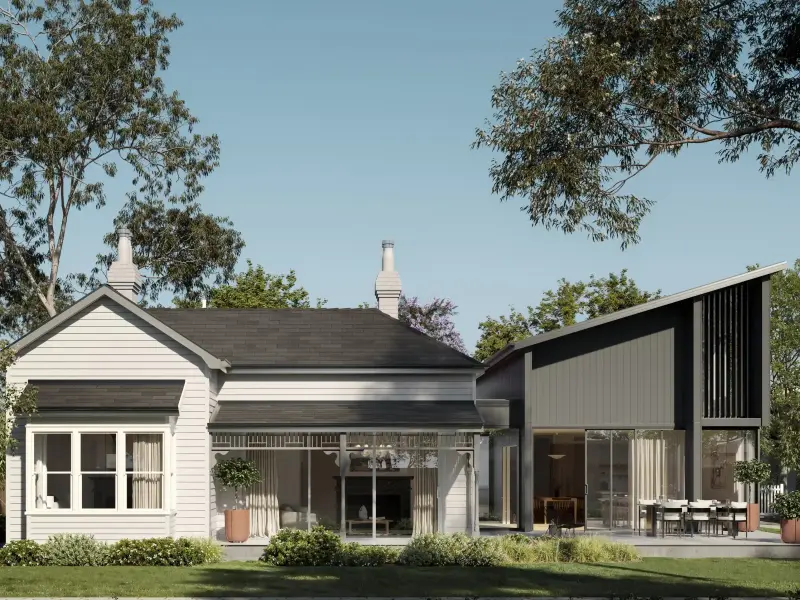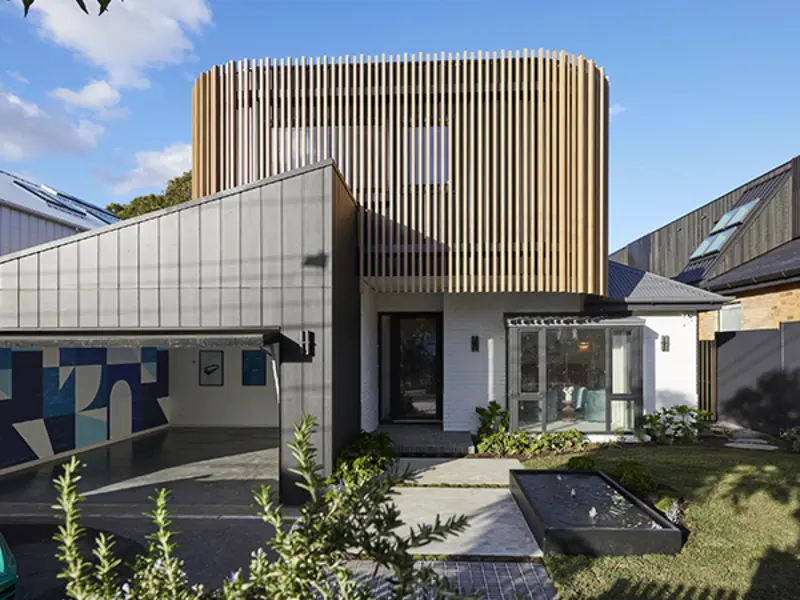
8-step guide to avoiding the budget blues
One of the hardest parts of renovating or building a new home is the fear of the unknown – we’ve all heard stories of renovations gone wrong or skyrocketing costs.
Before you embark upon a large project, research is key. Understanding all the potential risks – as well as the rewards – will help you create a home reno budget, stick to it, and help your family get through the renovation stress-free. Here’s how.
Create your wishlist
Writing down your expectations for your new home or renovation can be as ‘blue sky’ as you like – the reality check comes next! What do you want from your home? Is it a new kitchen, an extension or a whole second level?
Establish your home reno budget
You know what you’re dreaming of, but what does it cost? It’s time to do the maths. Utilising our Budget Checklist, estimate all anticipated renovation costs. If you’re taking on more than one room, print up a few sheets, or create a spreadsheet to track your budget.
As for how much you should spend on home renovations, that’s entirely up to you and how much you can afford, but sensible updates almost always add value to your home.
Source quotes from reputable suppliers
It’s time to reach out to trustworthy builders and tradespeople. They can give you a verbal indication of typical renovation costs for the project you want to undertake, but remember you’ll need everything in writing and under contract before proceeding with a project – including your timeline.
TIP: No matter your budget, you’ll need to include a 20–30% contingency fund. Even the best-laid plans can’t insure against hidden plumbing issues or termite damage.
Expectations versus reality
With your rough costs established, you should now have a sense of what is possible. It’s time to strike or add things to the wishlist, always keeping in mind that you must have a contingency fund. It’s heartbreaking when it happens, but unexpected budget blowouts are almost always discovered when renovating. It’s best to get ahead of them.
Set your budget
Source three quotes in writing from reputable builders or tradespeople. You’ll need a fully finished house plan and fit-out specification, with every task and cost included.
Keep the lines of communication open with your builder and ask a lot of questions – you need to fully understand what is and what is not included in your home renovation or new build plan before you sign that contract.
TIP: Choosing a builder is not always just about cost. Select a builder you feel you’ll work well with, and you may well get a better result.
Create a timeline
One of the biggest causes of budget blowouts is unanticipated delays – think bad weather, missing materials or global pandemics! These can’t be avoided, so expect your timeline to extend, and factor it into your accommodation budget.
What can be avoided is delays due to bad planning of trades onsite. Work with your builder to make sure the right trade is booked for the right days – or consider hiring a project manager, who can manage this element of the build with ease.
TIP: Order products early to avoid costly delays, and keep an eye out for specials or end-of-line products.
How to keep a budget on track
Budget creep is very typical (and understandable) onsite. Upgrading on just a few product selections can very quickly eat into your contingency.
Approach your renovation in stages, and assess your budget with your team (builder, interior designer) to keep it on track. Don’t move onto the next stage without reconciling your home renovation budget – remember, it’s always in flux, and it’s up to you to keep on top of it.
Every time you add something, you need to subtract something elsewhere. Refer back to your wishlist – some tough decisions may need to be made. If you really need those top-shelf handmade tiles in the bathroom, then factor in some beautiful but budget-friendly exterior cladding for your home’s facade. Appliances got an upgrade? Perhaps the bathroom renovation will have to wait. You get the idea!
TIP: Keep your builder well informed about your budget. Keeping the lines of communication open is very important.
How to get support when your budget blows out
Despite all the planning, budget blowouts do happen, and you might need some financial help. Stay in touch with your bank and understand its range of short-term loan options for your renovation costs before you even begin. Short-term loans usually attract a higher interest rate, so be wary about the terms before you sign.
TIP: Three Birds Renovations recommends Humm, a buy now, pay later service – but always have a plan for how to pay it back on time.
For more budget basics, check out How to create and blitz your build or renovation budget and download our Budget Checklist.
